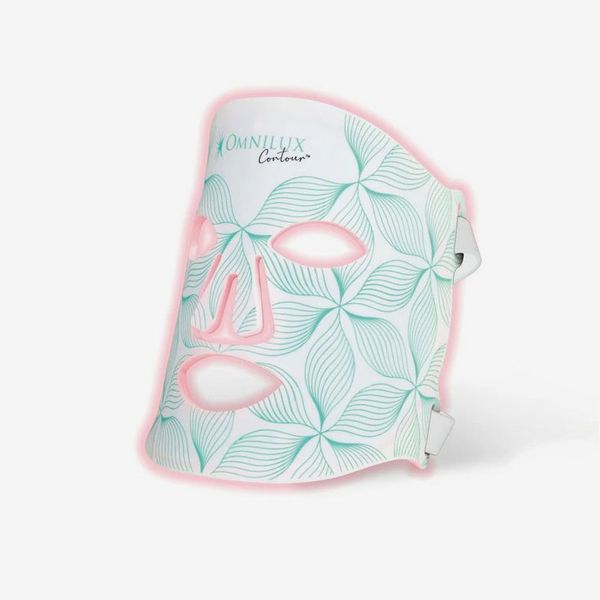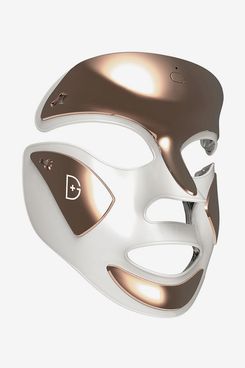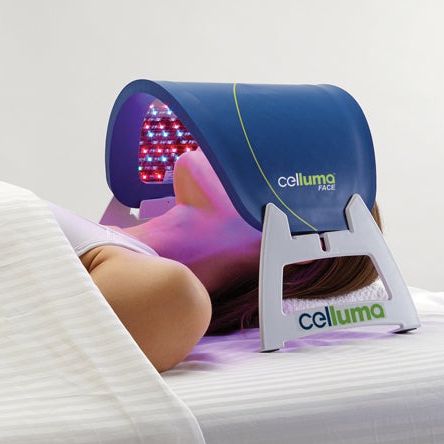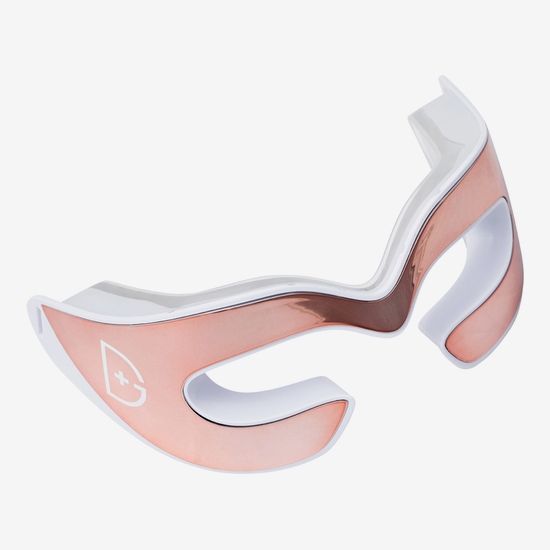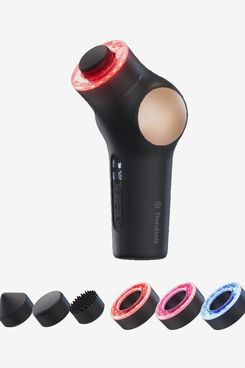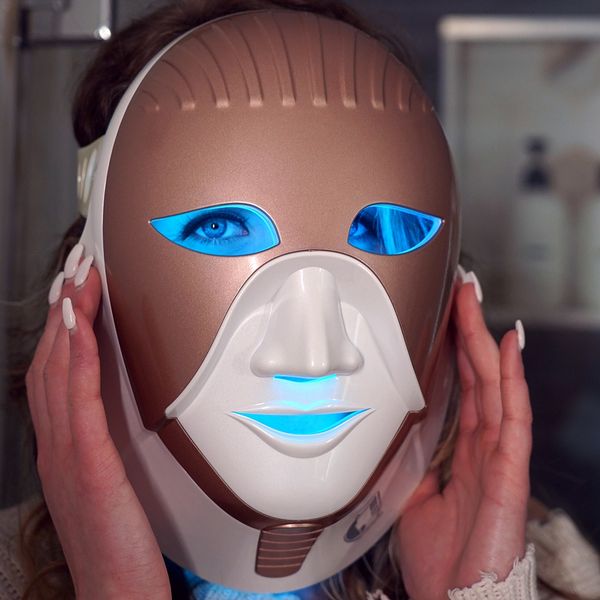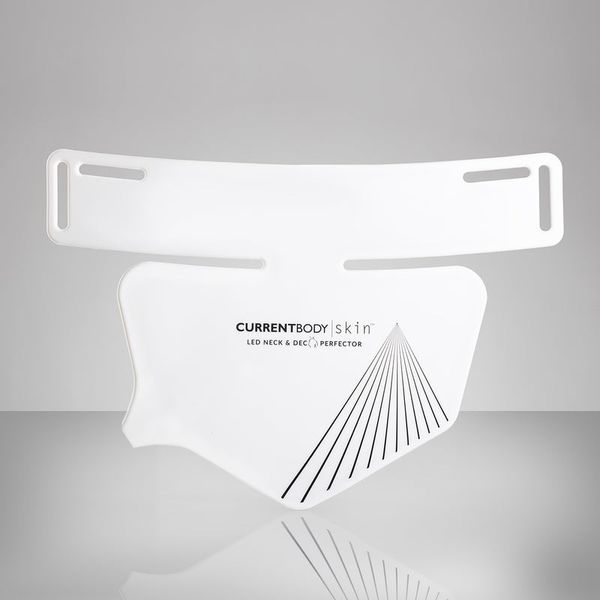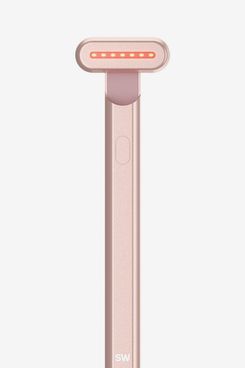Views: 1
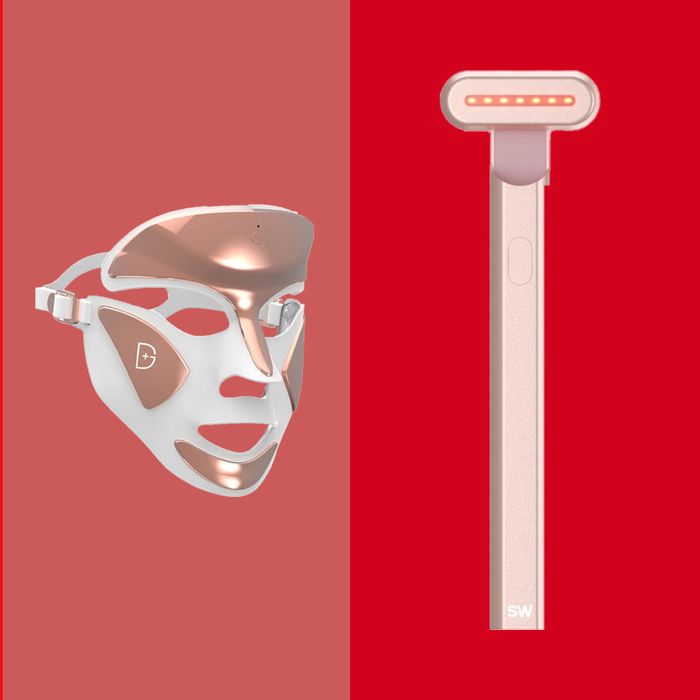
Photo-Illustration: The Strategist; Photos: Retailers
Maybe you’ve seen an influencer gliding an illuminated red wand across their face or a glowing Jason-like mask on a beauty-savvy friend — these are LED (light-emitting diode) devices meant to improve your skin. At a time when we encounter an overwhelming number of skin-care promises, LED therapy is a rare reassurance. Many products — possibly the majority — rely on brand hype and marketing wizardry to woo hopeful souls, but similar to retinol, vitamin C, and sunscreen, LED devices are among the few beauty advances with research to support their use, especially for anti-aging, skin calming, and acne. LED therapy actually started as a healing modality in medical settings before coming over to the cosmetic world — even NASA explored red LED technology to help speed healing for its astronauts in space. Today, research supports the use of LED devices for inflammatory skin issues, healing and scar reduction, acne, wrinkles, and sun damage.
“There is a photoreceptor in the skin cells that is activated by certain wavelengths of visible light and near-infrared light,” explains Jared Jagdeo, M.D., who has co-authored most of the recent research about the skin benefits of LED and has been studying the technology since 2008. “This process is known as photobiomodulation and can trigger a cascade of reactions in the skin that results in more skin energy, calcium changes, oxygen changes, and fibroblast stimulation among other reactions.” LED therapy is generally regarded as safe, he says, so unlike some treatments, people of all skin tones and types can use LED.
The technology has support among health-care professionals outside western medicine. “There’s enough research that makes LED therapy impossible to ignore,” says acupuncturist and herbalist Sandra Lanshin Chiu, L.Ac., M.S.T.C.M. “I find that it calms skin and also helps circulation and fluid movement in the face very similar to other skin treatments we do in traditional Chinese medicine.”
But they are an investment. The density and quality of LED diodes or “bulbs” typically correlate with efficacy (up to a point) and therefore a higher price. In fact, many pros say LED devices that retail for less than $200 or $300 probably aren’t worth it. But if you look at these tools and wonder what sets them apart from just a red flashlight, you’re not alone — plenty of businesses have used this skepticism as an opportunity, and the market is riddled with fakes or ineffective, low-quality versions. To help you find the devices that really work, we talked to eight skin-care experts about how they navigate the LED-device market, which devices they use themselves, and what they recommend to patients, clients, and friends.
Common criteria came up. “I look for devices that are FDA-cleared and that are practical for you to use and commit to,” says facialist Joanna Vargas, who has been researching LED for more than a decade and created her own LED bed for her studio. “If you want to really geek out, you could look at exact wavelengths and compare them to the research.” Jagdeo recommends looking for brands that have a medical and/or scientific advisory board and published clinical trial research to support its claims. The proximity of the light-emitting diodes to the skin surface is crucial for optimal results, so you need a design that fits your face well. As for which style of device is right for you, see below.
Time and again, this brand was named as a top choice among our experts for the amount of research behind it. It’s the top pick for Jagdeo, who has consulted for the brand, and it also has fans among beauty writer and Gloss Angeles podcast host Kirbie Johnson and Vargas. The mask uses red and near-infrared LEDs with a recommended protocol of three-to-five ten-minute treatments per week for the first month of use. Two Velcro straps make the mask wearable without being hooked up to the wall, and the bendable surface makes it great for travel and to get the diodes as close to the skin as possible. The Omnilux site shows more than 40 peer-reviewed published studies backing up its efficacy, which is more than any other device mentioned in our interviews. The one catch some may find annoying is the external battery, which is attached by a cord that needs to be held or tucked away during use.
Experts love this popular mask because it offers both red and blue LEDs, and the cordless design is clean and easy to wear while moving about. “I’ll wear it while I do dishes, clean the kitchen, make a coffee, phone calls, camera-off Zooms,” says Johnson. “The only thing I can’t do is eat.” Battery-operated with no external battery, a charge lasts about eight-to-ten uses. “The elastic is comfortable and secure, and the mask contours well to my face, so it never leaves any marks,” says New York dermatologist Dendy Engelman, M.D. “I’ll often wear it while I’m reviewing papers or a script before a TV appearance.” Both Engelman and Johnson love the short three-minute protocol but add on sessions if they have the time. Facialist to downtown cool girls Sofie Pavitt is a fan as well. The downsides: The rigid plastic design doesn’t fit all face shapes and can make it a little more difficult to pack when traveling. Some experts express concerns about LED light exposure to the eyes, but there is no consensus on eye safety.
A favorite of Chiu’s, Vargas’s, and Pavitt’s, as well as tech-forward facialist Shamara Bondaroff. “Celluma is the gold standard among dermatologists and aestheticians,” says Bondaroff. “It’s a flexible panel that can be bent around or laid flat on an area you want to treat.” With red, near-infrared, and blue light, you can treat anything from wrinkles to bacne. An accompanying stand holds the panel in an arch over the face while one lies down (so, no this isn’t one to be worn while you walk around the house), and the protocol recommends 30-minute sessions. But the longer length of treatment plus the inability to multitask is actually part of the selling point for Chiu, who says Celluma is her top recommendation. “All the good research I’ve read suggests that we need at least a full 20 minutes of constant exposure,” says Chiu. “Plus I really recommend actually resting instead of multitasking. It gives you a self-enforced moment of relaxation, which is crucial for good health and good skin.”
“When people ask for my advice about LED, one of the things I ask is what are you trying to achieve?” says Johnson, acknowledging that the higher price point of these tools can make the technology feel out of reach. “Oftentimes people are concerned about their under eyes and crow’s feet, so I’ll suggest Dr. Gross’s eye-focused device.” With 96 red LED diodes of four different wavelengths, the hands-free, battery-operated device can improve skin firmness, reduce wrinkles, improve dark circles, and minimize puffiness. In fact, in a ten-day trial, 97 percent of participants saw visible improvements with a three-minute daily protocol. (Tip: You can still get the prior version of this tool for $169, which has fewer bulbs but still offers clinically tested results.)
This literal Theragun for your face has major multitasking power. First and foremost, it is a face massage tool, but it comes with several additional capabilities including LED lights that treat skin while you massage. Handheld LED devices are a little controversial because most experts want you to get nonstop exposure for several minutes in a row and gliding tools can minimize the consistent exposure. But handhelds are particularly good for those who simply will not use a tool unless they can multitask (i.e., watch TV) and aren’t comfortable with looking through the eye-hole openings on some of the aforementioned masks — LED light can be quite bright. Make a handheld even more worth your while, says Vargas, by using one that promises multiple benefits. “I like a multitasker,” says Vargas. “It has red, blue, and infrared, so it covers everything if you’re concerned with anti-aging and breakouts.” A 12-week clinical following testers through daily use of TheraFace for ten days (four days of each week included LED) found significant improvements in wrinkles, tone, firmness, and radiance.
“It’s a great price, covers both face and neck, and has seven different light settings to address a world of concerns,” says Bondaroff. While the majority of low-level light therapy research supports the use of red, near-infrared, and blue LED therapy, there is some suggestion that other colors in the visible-light rainbow can affect the skin, too. The Cleopatra mask includes red and blue but also offers green, which may be helpful for hyperpigmentation; cyan, which may help with acne; yellow, which may help with skin healing; and white, which may help with multiple benefits at once since it contains all the visible light colors. Bonus points for the added flare of a sculptural, artlike face on the front of this face and neck device.
Most of us fail to bring our well-crafted skin-care routines southward. If your specific area of concern is below the jawline, this dedicated design can help reduce fine lines and spots on your neck and chest with research backing up the red and near-infrared wavelengths used. The CurrentBody protocol is three-to-five ten-minute sessions per week for six weeks and then maintenance at your discretion (Vargas recommends twice a week). “Neck skin responds really well to LED, and you need all the collagen production you can get there,” says Vargas. Pavitt is a CurrentBody fan as well. A bonus trick from Vargas is to use this soft, flexible panel on other body parts for skin conditions or achy parts since research shows that red and near-infrared are helpful to speed healing. “I use my CurrentBody on my tennis elbow,” says Vargas.
While hugely popular on Instagram, this device is only recommended by the pros with a caveat: It’s better for spot treating rather than addressing the whole face. “It’s a great price point for beginners in the tool forum, and it multitasks with LED, galvanic, and therapeutic massage,” says Bondaroff. “If you have an area of concern, hold it there only to make sure it gets a good amount of LED.” Johnson recommends this as a starter tool if there’s just one area of the face you are focused on. The newest version of the tool — the Radiant Renewal Wand — is an upgrade from the original in that it increased to seven LED bulbs from five and has a shortened treatment protocol of three minutes per zone instead of five, among other changes. (Tip: You can still nab the previous model, which testers self-reported skin changes, on sale for now.)
The Strategist is designed to surface the most useful, expert recommendations for things to buy across the vast e-commerce landscape. Some of our latest conquests include the best acne treatments, rolling luggage, pillows for side sleepers, natural anxiety remedies, and bath towels. We update links when possible, but note that deals can expire and all prices are subject to change.
The Best LED Skin-care Devices, According to Experts


